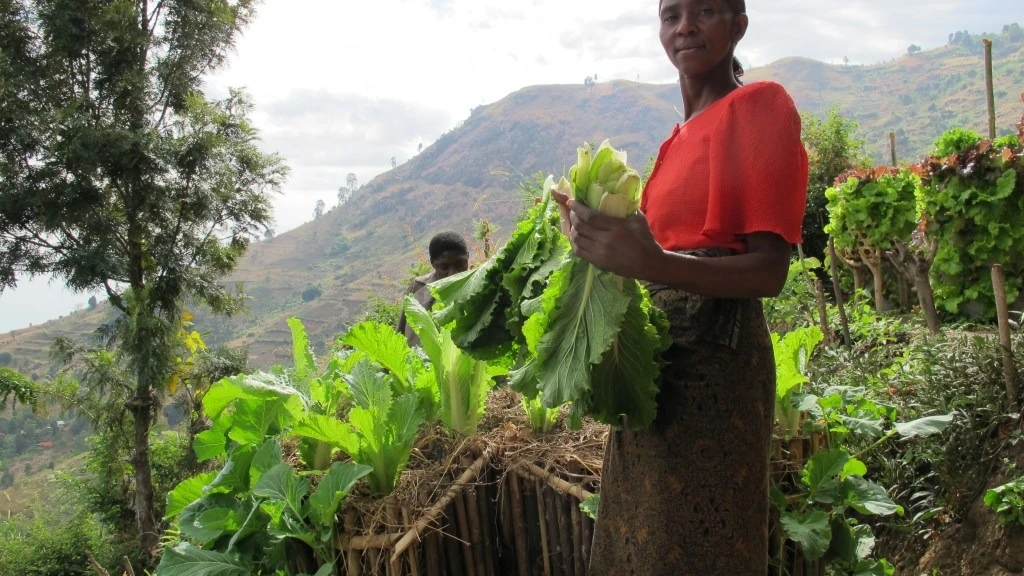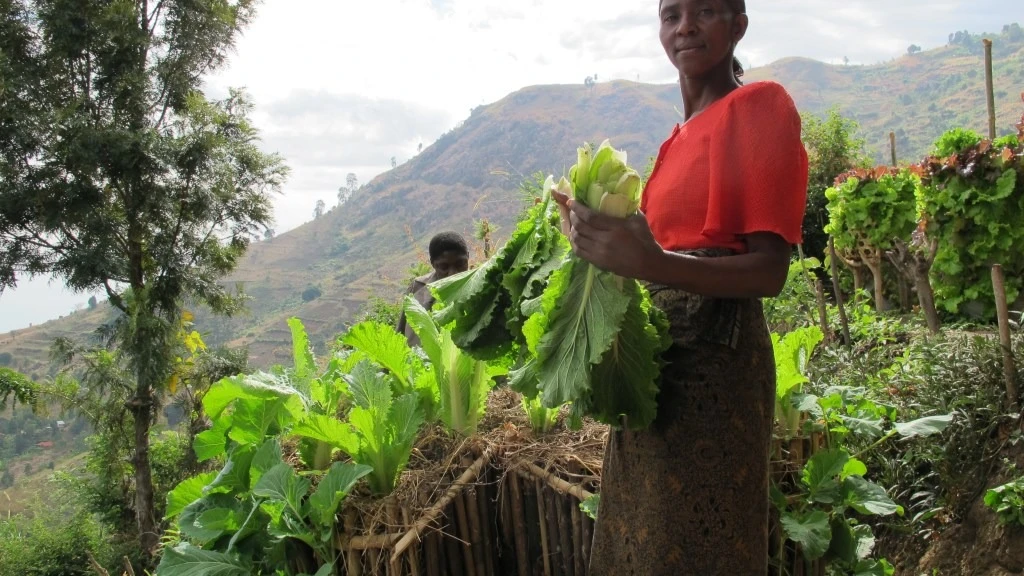Organic farming is gaining momentum in Tanzania, but its growth continues to face significant structural challenges

ORGANIC farming in Tanzania has seen major growth and recognition, establishing the country as among major organic food producers in Sub-Saharan Africa, with a strong focus on export markets for fruits, vegetables and spices.
Supported by institutions like the Tanzanian Organic Agriculture Movement (TOAM), the sector benefits from rich biodiversity and diverse climates, though it faces challenges in increasing local consumption and scaling production to meet potential demand.
However, key players in the sector are calling for more government support, investment, and awareness to unlock its full potential.
In an interview with this paper, Janet Maro, executive director of Sustainable Agriculture Tanzania, says growing consumer awareness about healthy food and environmental sustainability has sparked a significant increase in demand for organic products, motivating more farmers to shift towards organic farming practices.
She said as climate change continues to threaten food systems and natural resources globally, organic agriculture is gaining traction across Tanzania as a sustainable solution.
“There is increasing awareness among consumers about healthy food, which has boosted the demand for organic products,” said Maro. “Organic farming is not only better for our health, but it also reduces environmental pressure and helps us adapt to climate change.”
Sustainable Agriculture Tanzania, a Morogoro-based organisation, has become a national beacon of sustainable farming, working with organic farmers across over 10 regions including Dodoma, Iringa, Mtwara, Arusha, Kilimanjaro and Zanzibar. The organisation provides training, accompaniment and community support to farmers transitioning to organic methods.
Beyond farms, the organisation also supports schools through water, hygiene and sanitation projects, while integrating nutrition and sustainability into the learning environment. Their work prioritises inclusion—reaching women, men, indigenous communities, and people with disabilities.
Despite the momentum, Maro highlights significant challenges facing organic farmers in Tanzania, particularly in accessing certified inputs, markets, and certification.
“There are no certified organic seeds in the national seed market, and little is being done to fill that gap,” she noted. “Even organic inputs are scarce, and farmers must be trained to produce their own—otherwise, they’re stuck.”
Export certification poses an even greater hurdle. International standards, especially in Europe, have become stricter. “The new EU regulation limits the number of producers per certificate, which makes compliance expensive and discouraging for smallholders,” said Maro.
Domestically, a lack of public awareness and the absence of dedicated organic markets makes it difficult for organic products to stand out. “Without specialized outlets or branding, organic goods are often mixed with conventional ones,” she said.
Logistical issues compound the problem. Poor rural road networks, lack of cold storage infrastructure, and inefficient supply chains mean fresh organic produce often fails to reach distant markets in good condition. “Cold chains require large investments, which are still out of reach for most farmers and cooperatives,” said Maro.
Maro called on the government and stakeholders to intensify efforts to implement the National Ecological Organic Agriculture Strategy (NEOAS) 2023, describing it as a vital roadmap for the sector.
“This strategy is a strong foundation,” she said. “But it needs proper financing and coordinated efforts across the public, private, and civil society sectors to bring it to life.”
She also urged that organic farming be integrated into Tanzania’s national climate change, food security, and poverty reduction policies—highlighting its role as a scalable solution to pressing socio-economic and environmental challenges.
“Organic agriculture must be part of the national research agenda,” she stressed. “It’s not just a niche sector—it’s a powerful tool for sustainable development.”
Recently, during the launch of the second phase of the crops for healthier diets (Crops4HD) programme, Johanna Omere, executive director of 'I'm Organic store, stressed the health benefits of organic foods, attributing certain diseases to the use of synthetic chemicals in conventional agriculture. Organic farming practices merit greater support, she added.
The government currently promotes organic farming through the National Ecological Organic Agriculture Strategy (NEOAS. The strategy, which covers the period from 2023 to 2030, aims to boost the production of organic foods and improve market access for organic products.
Key goals and principles include promoting farming methods that improve soil biological activity, biodiversity, and nutrient cycles, advocating for environmentally friendly farming practices, including the use of biological inputs and bio-pesticides and strengthening both domestic and export markets for organic products, providing better income for farmers.
Top Headlines
© 2025 IPPMEDIA.COM. ALL RIGHTS RESERVED

























